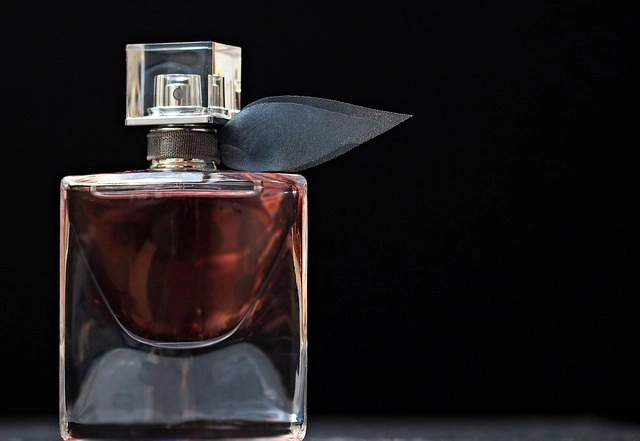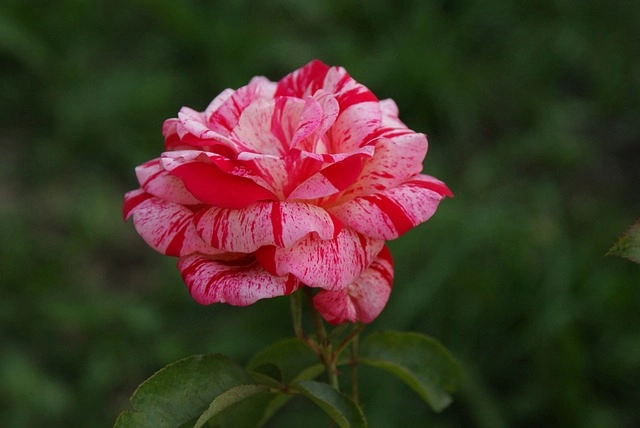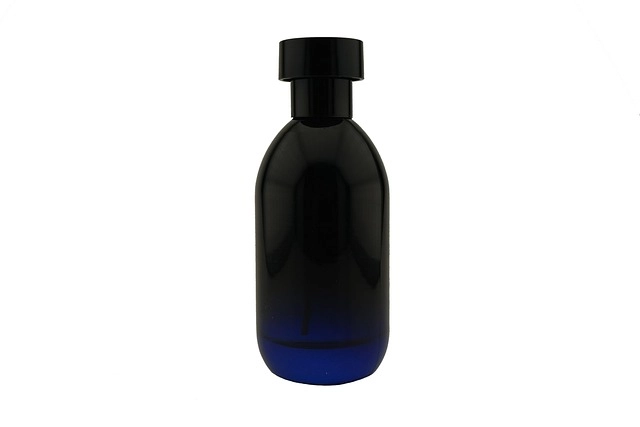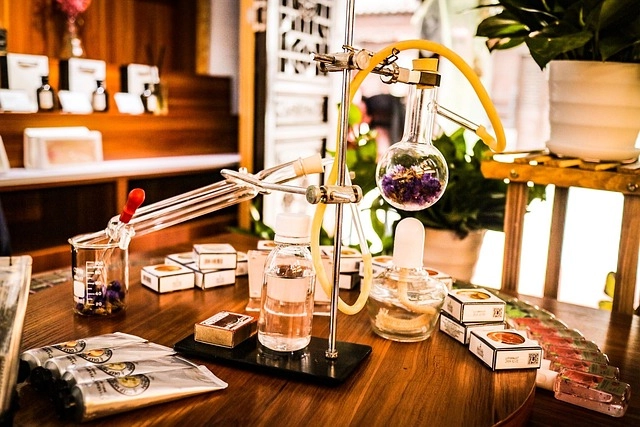Bvlgari Perfume balances natural essential oils and synthetic compounds for unique, harmonious aromas. Essential oils provide complex scents, health benefits, and traditional uses, while synthetics offer versatility, affordability, and consistency. The debate revolves around balancing aromatic quality and potential health risks, with informed choices crucial in the fragrance market.
“Unveiling the secrets behind Bvlgari Perfume, we delve into the age-old debate: essential oils versus synthetic ingredients. This article guides you through the intricacies of these two distinct worlds, offering a comprehensive comparison. From the aromatic allure of natural essential oils to the synthesized alternatives, we explore their unique properties and impact on sensory experiences. Discover why understanding ingredient choices is crucial, especially when it comes to luxury fragrances like Bvlgari, and how they shape the perfume industry.”
- Understanding Essential Oils vs Synthetic Ingredients
- Bvlgari Perfume: A Closer Look at Its Ingredients
- Natural vs Synthetic: Health Implications Explored
- Uncovering the Appeal of Pure Essential Oils
Understanding Essential Oils vs Synthetic Ingredients
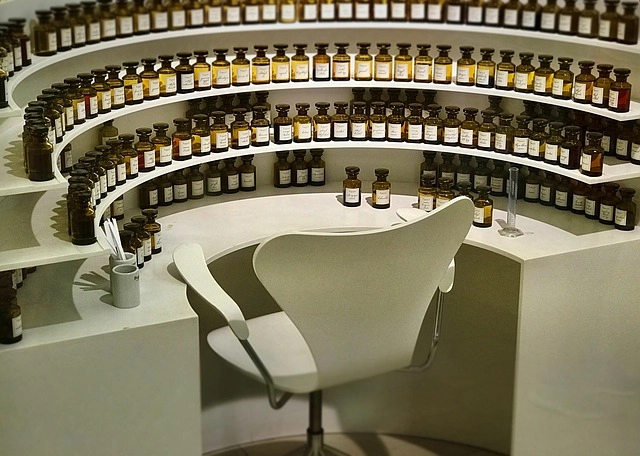
In the world of fragrances, a key distinction lies between essential oils and synthetic ingredients. Essential oils, extracted from plants through processes like steam distillation or cold pressing, offer a natural and often complex aroma profile. They are highly concentrated, with each drop containing the essence and benefits of the plant it originated from. This makes them a popular choice in many luxury fragrances, including Bvlgari Perfume, known for its exquisite and unique scent compositions.
On the other hand, synthetic ingredients are man-made chemicals designed to mimic natural scents or create entirely new olfactory experiences. While they might not carry the same botanical associations as essential oils, they offer advantages in terms of consistency, affordability, and versatility. For instance, Bvlgari Cologne often relies on a blend of both natural and synthetic compounds to achieve its distinctive aromas, balancing the allure of nature with the precision of scientific formulation.
Bvlgari Perfume: A Closer Look at Its Ingredients
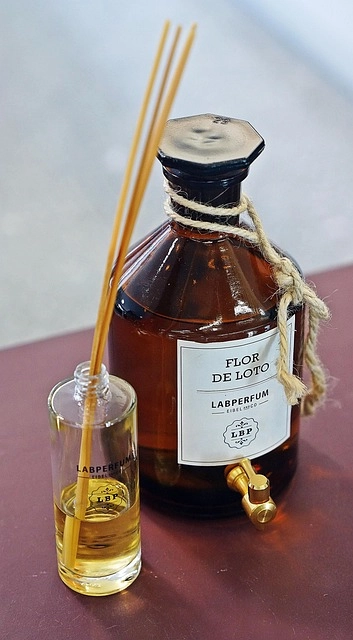
The world of fragrances is a captivating one, filled with exotic scents that transport wearers to far-flung destinations and evoke memories of lush gardens and vibrant markets. When it comes to luxury perfume, few brands command the same level of admiration as Bvlgari. Known for their exquisite jewelry and haute couture, Bvlgari also creates perfumes that are as much a work of art as they are a fragrant delight.
One of the brand’s most iconic creations is Bvlgari Perfume, which blends notes of citrus, floral, and woody aromas to create a unique and captivating scent. While many luxury fragrances can be pricey due to their use of rare and exotic essential oils, it’s worth noting that Bvlgari Perfume, like some other high-end colognes (such as Bvlgari Cologne), often incorporates carefully selected synthetic ingredients alongside natural ones. This blend allows for a more consistent and long-lasting fragrance experience while still maintaining the exquisite quality and craftsmanship associated with the Bvlgari name.
Natural vs Synthetic: Health Implications Explored

The debate between natural and synthetic ingredients in fragrances is an intriguing one, especially when considering iconic perfumes like Bvlgari Perfume. Natural essential oils, extracted from plants, flowers, and fruits, have long been revered for their aromatic properties and potential health benefits. They are often sought after by consumers conscious of the potential health implications of synthetic chemicals. On the other hand, synthetic ingredients offer a vast array of aromatic compounds, allowing perfumers to create complex and unique scents that might be challenging to replicate with natural oils.
When it comes to Bvlgari Perfume or even Bvlgari Cologne, understanding the composition is key. While some brands may use a blend of both natural essential oils and synthetic ingredients for their fragrances, the primary distinction lies in the potential impact on your health. Natural oils are generally considered safer, as they offer a more gentle experience, while synthetics, when used in excess or without proper regulation, might raise concerns about long-term exposure to certain chemicals. This exploration of natural versus synthetic is crucial in making informed choices when choosing fragrances, ensuring both a delightful sensory experience and potential health benefits.
Uncovering the Appeal of Pure Essential Oils

In the quest for authentic and natural beauty, many are turning their attention to pure essential oils—a captivating shift from the prevalent use of synthetic ingredients. Essential oils, derived from plants, offer a myriad of benefits beyond their delightful aromas. They have been used for centuries in traditional practices, renowned for their therapeutic properties and ability to enhance well-being.
Consider the allure of Bvlgari Perfume, a luxury brand synonymous with elegance. While they also produce Bvlgari Cologne, their signature scents often evoke a sense of opulence and refinement. Pure essential oils play a pivotal role in creating these enchanting fragrances. By harnessing the essence of flowers, fruits, and spices, perfumers can craft unique and captivating scents that resonate on both a sensory and emotional level, setting them apart from their synthetic counterparts.

